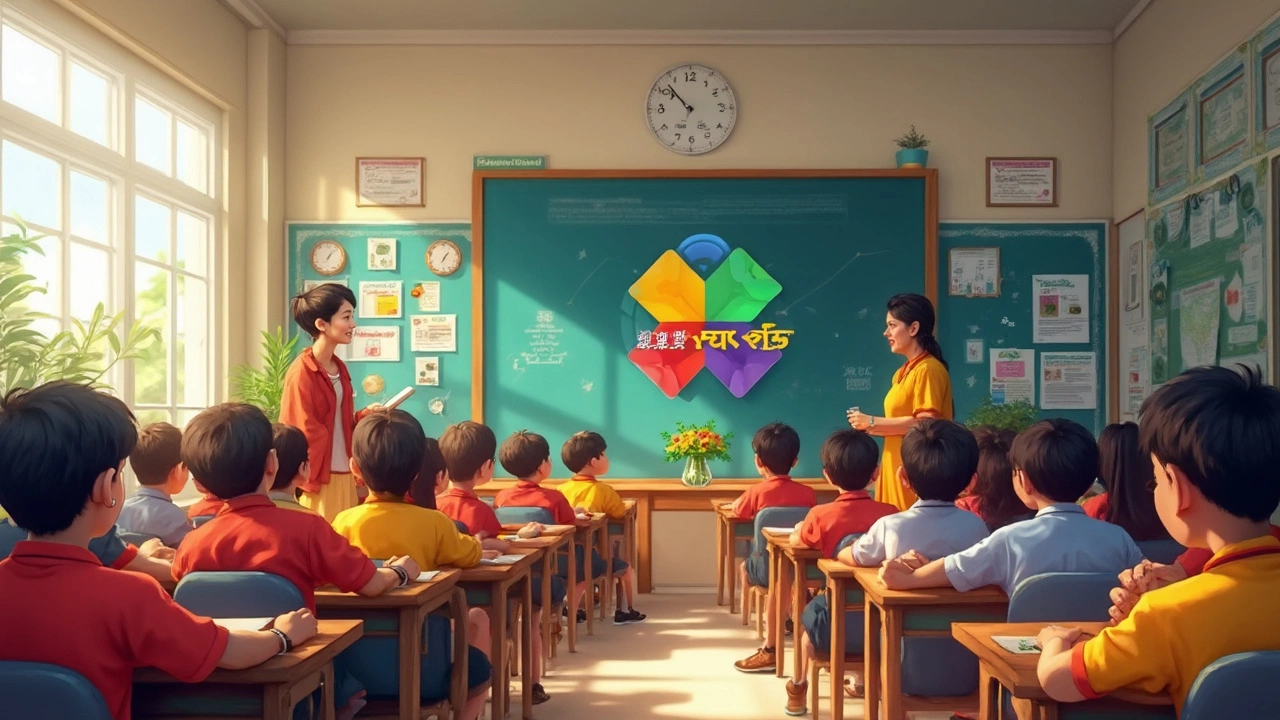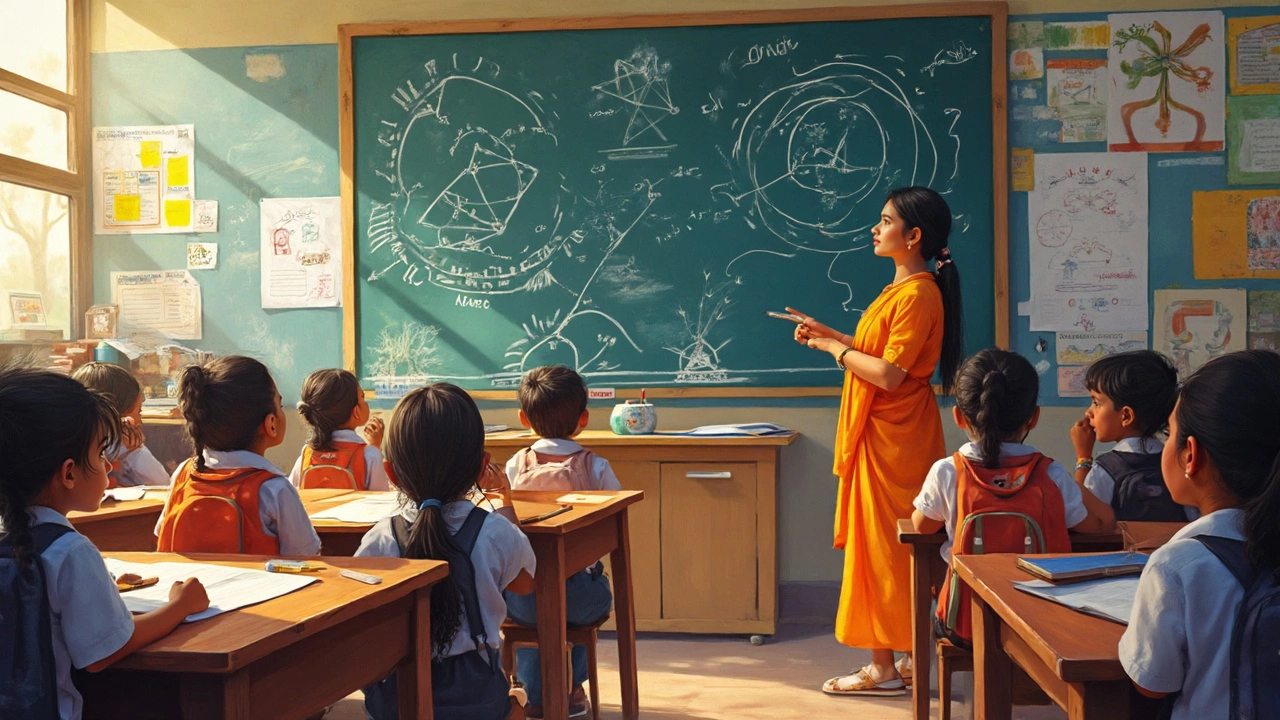Indian Education: System, Challenges, and How to Navigate It
When you think of Indian education, the structured yet highly competitive system that shapes millions of students’ futures in India, from primary schools to elite engineering institutes. Also known as the Indian schooling and higher education framework, it’s defined by rigid exams, intense pressure, and a growing shift toward digital tools. This isn’t just about textbooks—it’s about survival in a system where one exam can change your life.
The CBSE syllabus, the most widely followed curriculum across India, used by over 20,000 schools and heavily tied to national exams like JEE and NEET sets the pace for what students learn. But it’s not the only path. Many families now question whether rote learning really prepares kids for real-world jobs. That’s why tools like online learning in India, digital platforms offering courses from Khan Academy to Byju’s, helping students learn at their own pace outside crowded classrooms are growing fast. You don’t need to be in Delhi or Mumbai to access quality content anymore.
Behind every student trying to crack the JEE coaching, the intensive, often expensive training programs designed to get students into IITs and other top engineering colleges is a family betting everything on one shot. The pass rate is brutal, but the payoff? A stable career, social status, and sometimes, a ticket out of financial struggle. Meanwhile, for those who don’t go the engineering route, government jobs, stable, well-paid positions in public sector roles like railways, banking, or civil services, often seen as the safest career option in India remain a top goal. The UPSC exam, one of the toughest in the world, isn’t just a test—it’s a lifestyle.
What’s clear? Indian education isn’t broken—it’s overloaded. Too many students chase the same few goals, while alternatives like vocational training, freelancing, or starting an online course business stay ignored. The posts here cut through the noise. You’ll find real breakdowns of how to pick a syllabus, how to prepare for JEE without burning out, why some online degrees are finally being accepted, and which government exams actually have decent odds. No fluff. Just what works in the real Indian system—today.

